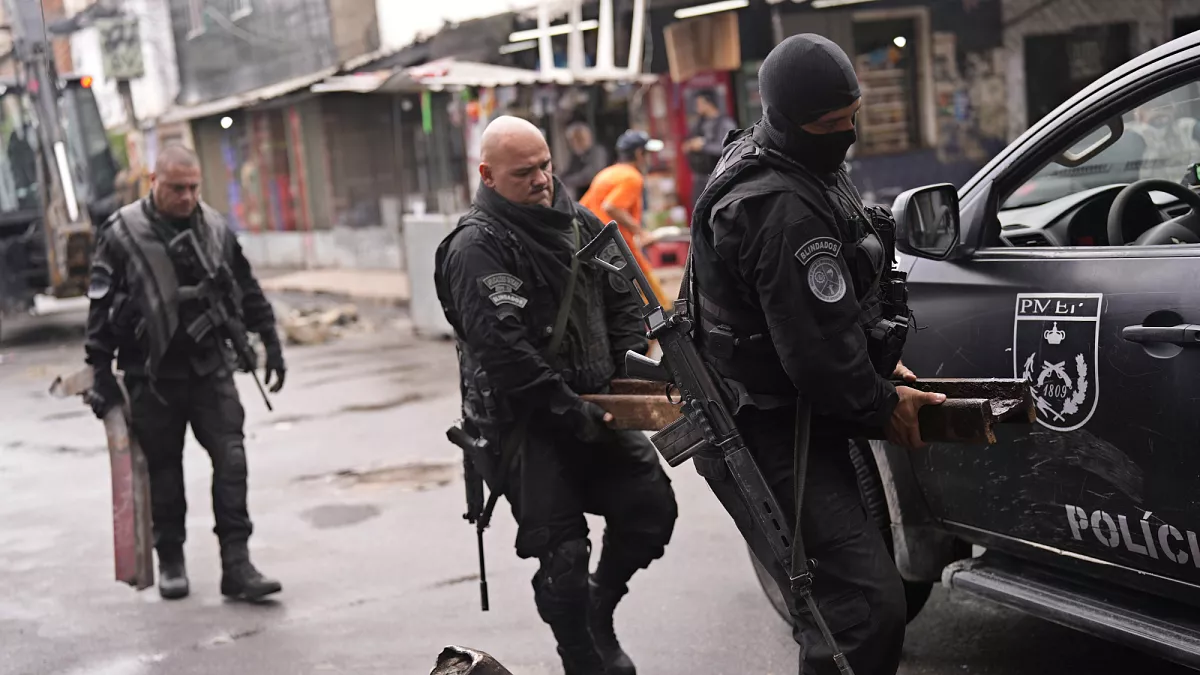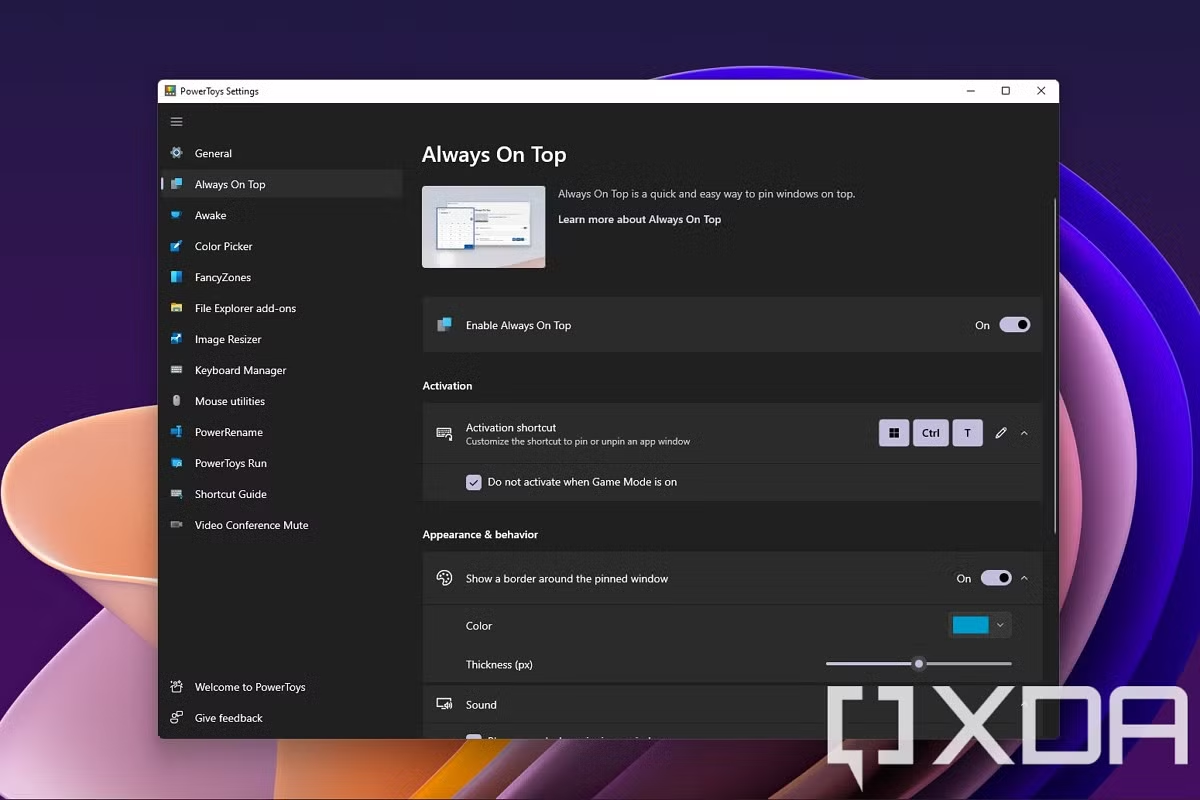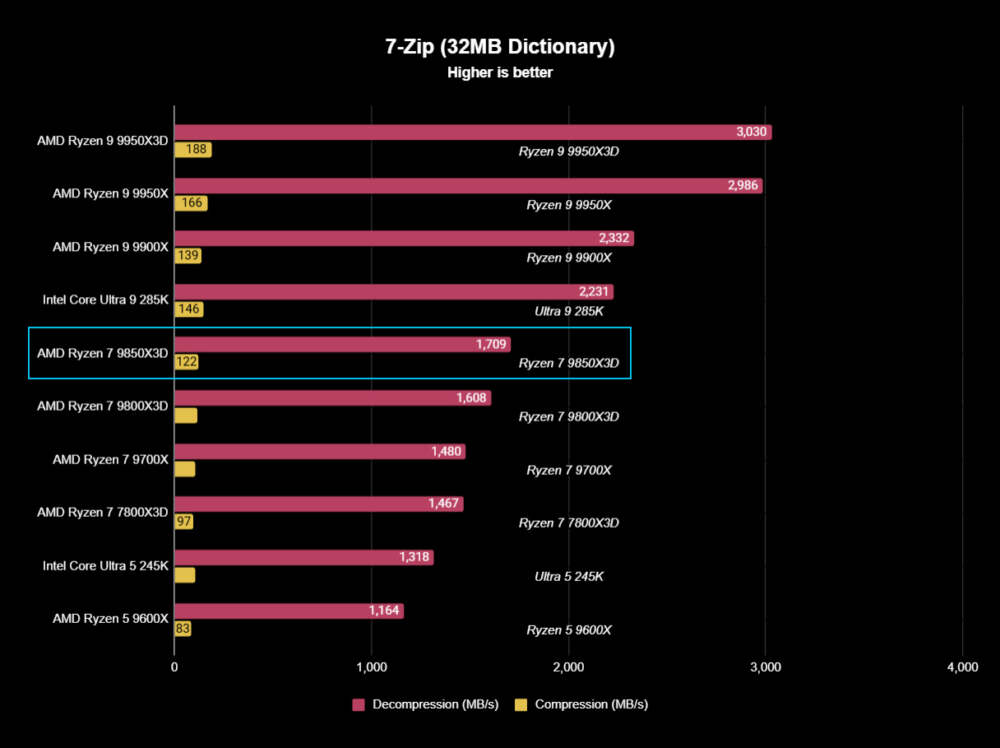Rio de Janeiro, Brazil — Tensions have surged across Rio’s favelas following a massive police operation that left more than 120 people dead, triggering widespread protests, fierce criticism, and demands for accountability at all levels of government.
What Happened
A large-scale police raid launched in two of Rio’s most troubled favela complexes — Penha and Alemão — involved around 2,500 heavily armed officers supported by military vehicles, intense drone surveillance, and armored units. The stated goal was to dismantle parts of the Red Command criminal network operating in the area.
The fallout was devastating: at least 121 deaths have been confirmed. Among them were criminal suspects, but also four police officers. Survivors and community figures have described scenes of extreme violence, with some bodies showing signs of mutilation and others reportedly found under disturbing circumstances.
Public Response and Protests
In the days following the raid, hundreds of protestors poured into the streets of Rio’s favelas. Many wore white as a symbol of mourning, while others carried Brazilian flags stained with red paint to signify blood. Chants calling the governor of Rio de Janeiro a “killer” grew louder, and demonstrators demanded his resignation.
Activists, families of the victims, and community leaders called the operation a massacre — not a legitimate attempt at law enforcement. They demanded a thorough, independent investigation, accusing authorities of excessive force and a complete disregard for the dignity of the lives lost.
The Dead Identified — But Questions Remain
Authorities later confirmed the identities of 99 of the deceased. Of these, many were alleged to have criminal records, while others reportedly had outstanding arrest warrants. Still, critics argue that identification does not absolve the state of responsibility — many of those killed, they say, were executed without due process.
Families have voiced outrage over the handling of bodies and the lack of transparency. Some bodies were reportedly found in forests or on the edges of favela territory, prompting demanded investigations into whether normal arrest protocols were followed.
Political and Legal Fallout
The political pressure is mounting. Protesters have focused their ire on Rio’s governor, accusing him of being directly responsible for authorizing what they call a “state-sanctioned killing spree.” Legal experts and human rights organizations are calling for an independent inquiry to fully examine the operation’s tactics and justification.
At the same time, national leaders are being forced to respond. The president has expressed horror at the scale of the casualties and emphasized the need for accountability, while public defender offices and judges push for access to forensic evidence.
Broader Implications
- Militarized Policing Debate Resurfaces
Critics argue that this operation is a symptom of a deeper problem: the militarization of police in poor, Black-majority communities. Many believe that this type of raid treats favelas like war zones, exacerbating distrust and fueling social unrest. - Human Rights at Stake
The international community, including rights groups, has raised alarms over potential extrajudicial killings. The scale of the deaths suggests that more than a routine law-enforcement raid may have occurred. - Criminal Justice Reform Pressing
Voices demanding reform are growing louder — not just for policing strategy, but also for how vulnerable communities are governed. For many, the incident underscores how marginalized neighborhoods remain outside the protection of the law. - Political Pressure on State Government
The governor of Rio now faces intense scrutiny. If the protests continue and investigations uncover misconduct, his political future could be seriously jeopardized.
Looking Ahead
- An independent investigation is widely expected. Many demand not just a review of police conduct, but a full judicial inquiry.
- Public trust in state institutions is under strain. Whether authorities can rebuild that trust will be critical.
- The outcome may influence broader policing policies in Brazil, especially where there is frequent tension between law enforcement strategies and civil rights.
- There’s a growing call for structural reforms — not just targeting crime, but addressing why favelas continue to be sites of intense violence and state intervention.
Final Thought
The raid and its aftermath have ignited a powerful wave of grief, anger, and determination through Rio’s poorest communities. For many, the tragedy is not just about the lives lost — it is a symbol of long-standing injustice. As Brazil reckons with its security policies and the human cost of war-zone policing, the country may find itself at a crossroads: whether to double down on force, or to chart a new path focused on justice, accountability, and true reform.
















Leave a Reply